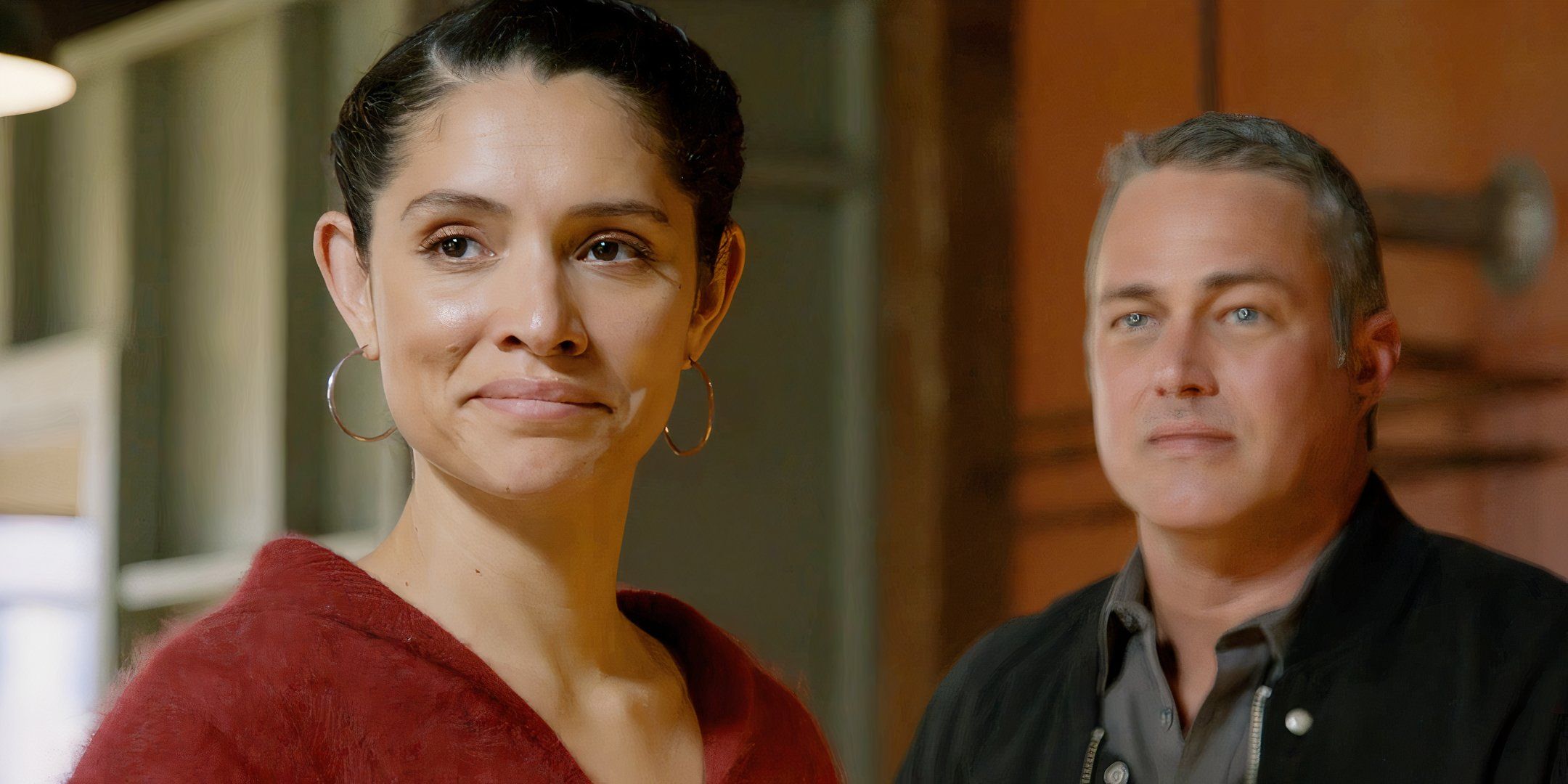
When Matthew Casey left Chicago Fire, fans feared that Firehouse 51 might never feel the same again. But in the shadow of his departure, another leader quietly stepped forward—Stella Kidd. Once known primarily as Kelly Severide’s partner and a determined firefighter in her own right, Stella has fully emerged in Season 14 as one of the emotional and strategic anchors of the team. And her journey to this point has been anything but simple.
Rising Through the Ranks
Stella Kidd was never supposed to be the next leader. When she first arrived, she was passionate, driven, and unapologetically independent, but she often had to fight to be taken seriously in a profession—and a department—dominated by men. Season after season, she carved her own space. Her promotion to lieutenant wasn’t a plot twist; it was the culmination of growth, resilience, and relentless hard work.
But leadership in Chicago Fire isn’t just about stripes on a sleeve—it’s about earning trust. And that’s what Season 14 shows us with clarity. As Firehouse 51 experiences emotional transitions and personnel shakeups, Stella becomes the person many younger firefighters naturally look to for direction—not just in dangerous situations but in moments of personal uncertainty.
Mentorship in Action
Perhaps the most powerful storyline around Stella this season is her mentorship of Violet Mikami. Still grieving the loss of Hawkins, Violet’s fire and confidence have wavered. It’s Stella—not Boden, not Severide—who senses her pain and gives her space to reengage, not by pushing her, but by reminding her who she is.
There’s an unforgettable moment in Episode 6 when Violet nearly loses her cool during a tense call. Afterward, Stella doesn’t reprimand her—she shares her own story of failure, her own moment of doubt. That moment of vulnerability is what leadership on Chicago Fire looks like in 2025: empathetic, honest, and grounded.
Kidd is also helping guide Sam Carver, the former hothead whose arc this season centers around redemption. While others write him off, Stella challenges him to rise—without ever coddling him. Their interactions are tough, uncomfortable, but necessary. Through her, we see the slow evolution of Carver into a teammate worthy of 51.
Leadership vs. Love
One of the most layered elements of Stella Kidd’s character is how she balances her professional role with her personal life—especially her marriage to Kelly Severide. For years, their relationship has been a fan favorite. But in Season 14, the tension between their bond and their individual callings becomes more apparent.
Severide has taken time away again, chasing arson investigations far from Chicago. Stella remains rooted at 51. This physical and emotional distance raises questions about their future—not just as a couple, but as two people with different visions of impact.
And yet, Stella never lets personal pain compromise her leadership. That ability to separate the emotional from the operational is part of what makes her formidable. It’s a delicate dance: maintaining authority among peers while managing heartbreak at home. Kidd does it all, and makes it look almost effortless.
The Boden Effect

Stella’s trajectory is also tightly intertwined with Chief Wallace Boden, a man who has mentored her since early on. Their dynamic this season is more intimate than ever—not in a romantic way, but in the spirit of legacy.
Boden, clearly sensing the winds of retirement, has become more reflective. And Stella is quietly being shaped as his natural successor. He doesn’t say it outright, but the way he seeks her input, trusts her instincts, and confides in her—it’s clear he sees in her a future leader who can guide 51 with the same steadiness and compassion that defined his own tenure.
If Boden leaves, Stella may not just be stepping up. She may be taking over.
Feminine Strength Without Stereotypes
In a landscape full of strong female characters, Stella Kidd stands out because her strength doesn’t rely on bravado or stoicism. She is confident, but not invulnerable. She is brave, but not reckless. She is nurturing, but never soft in moments that require steel.
That nuance is rare, especially in action-driven dramas. Her character isn’t written to prove a point about “women in the fire service”—she is the point. Her story proves that leadership doesn’t have to come from brute force. It can come from clarity, wisdom, and the ability to lift others up even while battling your own demons.
What’s Next for Stella?
As the season heads toward its second half, questions remain: Will Severide return? Will Stella finally be considered for a higher position within the CFD structure? Can she continue to lead while also healing?
What’s clear is that Chicago Fire has positioned her as the heartbeat of the series. Not just as a firefighter, not just as a lieutenant, but as the example of what comes after the fire is out—someone who holds the team together when no one else can.
The rise of Stella Kidd is no longer a subplot. It’s the future of Chicago Fire.